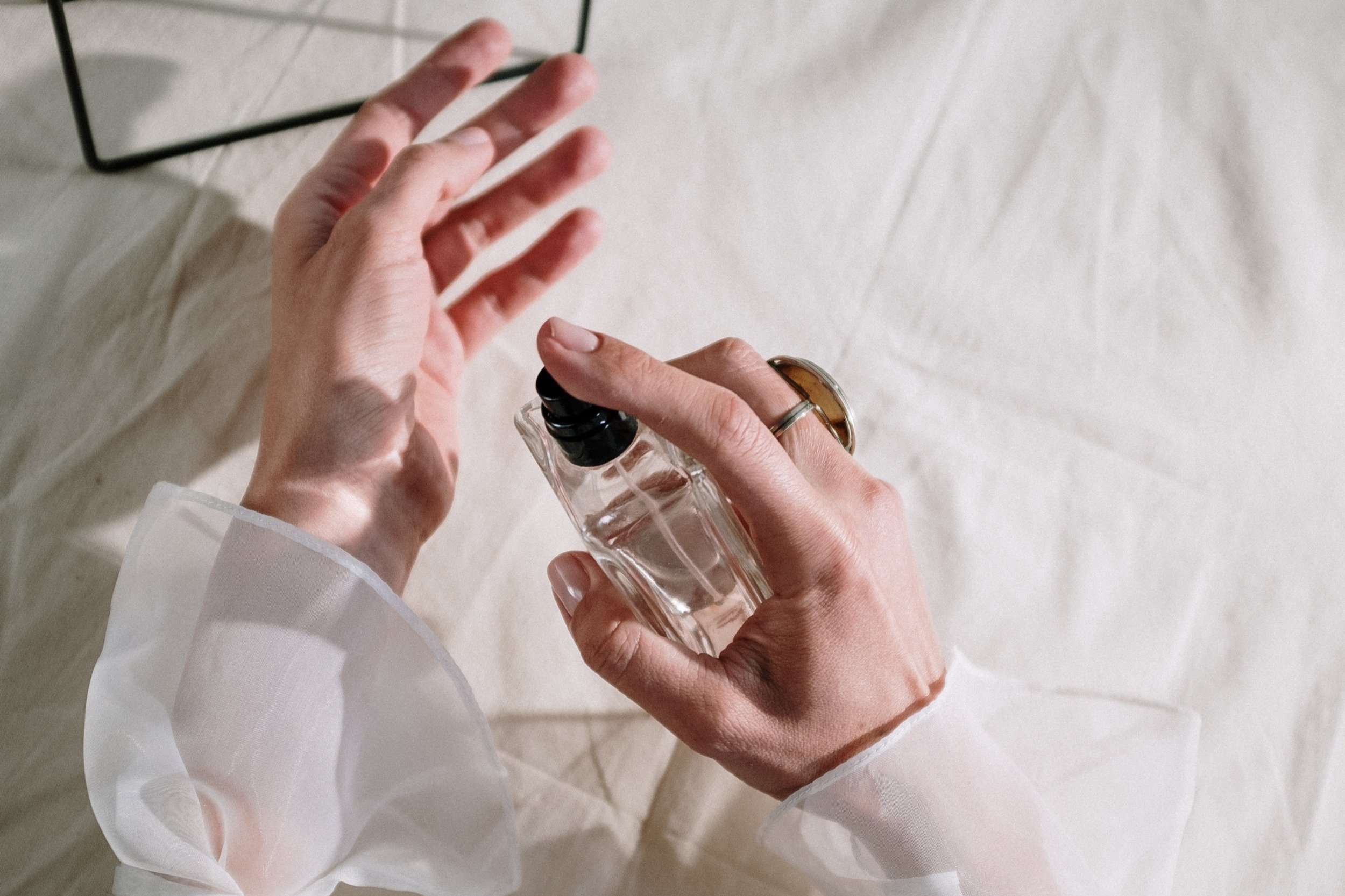What “Fragrance” Really Is And Why You Should Limit Your Exposure
What Is Fragrance?
We’ve all heard of it and seen it on a label. It sounds so beautiful and harmless.
Fragrance can mean a plethora of things and brands use this word to hide upwards of thousands of other chemicals due to trade secrets. Almost 3,200 chemicals are considered fragrance, but when the consumer reads just one word they think it is one simple ingredient. For reasons like this, more consumers are demanding transparency in labeling.
To make matters worse, up to 95% of the synthetic chemicals used to make fragrance are derived from petrochemicals. YUCK! And according do a study done by the Environmental Working Group (EWG), they found that 72% of products with the ingredient fragrance contained phthalates. Phthalates have been linked to diabetes, obesity, liver and breast cancer, hormone disruption affecting fertility and development as well as autism and ADHD.
Fragrance is found in so many places these days, even many bizarre locations such as toilet paper and trash bags. From scented candles, to hand soap, to trash bags, the wisest thing to do is to limit your exposure to such toxins that have scientifically been found to be carcinogenic, neurotoxic, obesogenic, endocrine-disrupting, and allergy-causing.
What Solutions Are There?
Toss unesscesary toxic fragrance products
Dryer sheets, air freshener, etc.
Slowly begin upgrading products you run out with better, non-toxic solutions.
For example, fragranced hand and body soap
I love the brand Everyone Organics and Primally Pure as some non-toxic alternatives
I have a free guide here
Switch to non-toxic candles
If you love candles, some non toxic brands I love include Primally Pure and Goodlight
Another option that is PERFECT this time of year is making a simmer pot. I like doing orange peels, cinnamon sticks, and cranberries -- it creates the most divine seasonal aroma
Clean your air
Open windows daily
Run fans and and air purifier
Sun your clothing and porous items to remove smells completely
Consider using a bowl of baking soda or a charcoal deodorizer pouch in stinky areas
Listen to episode 30 of LIFELONG Podcast to learn more!

